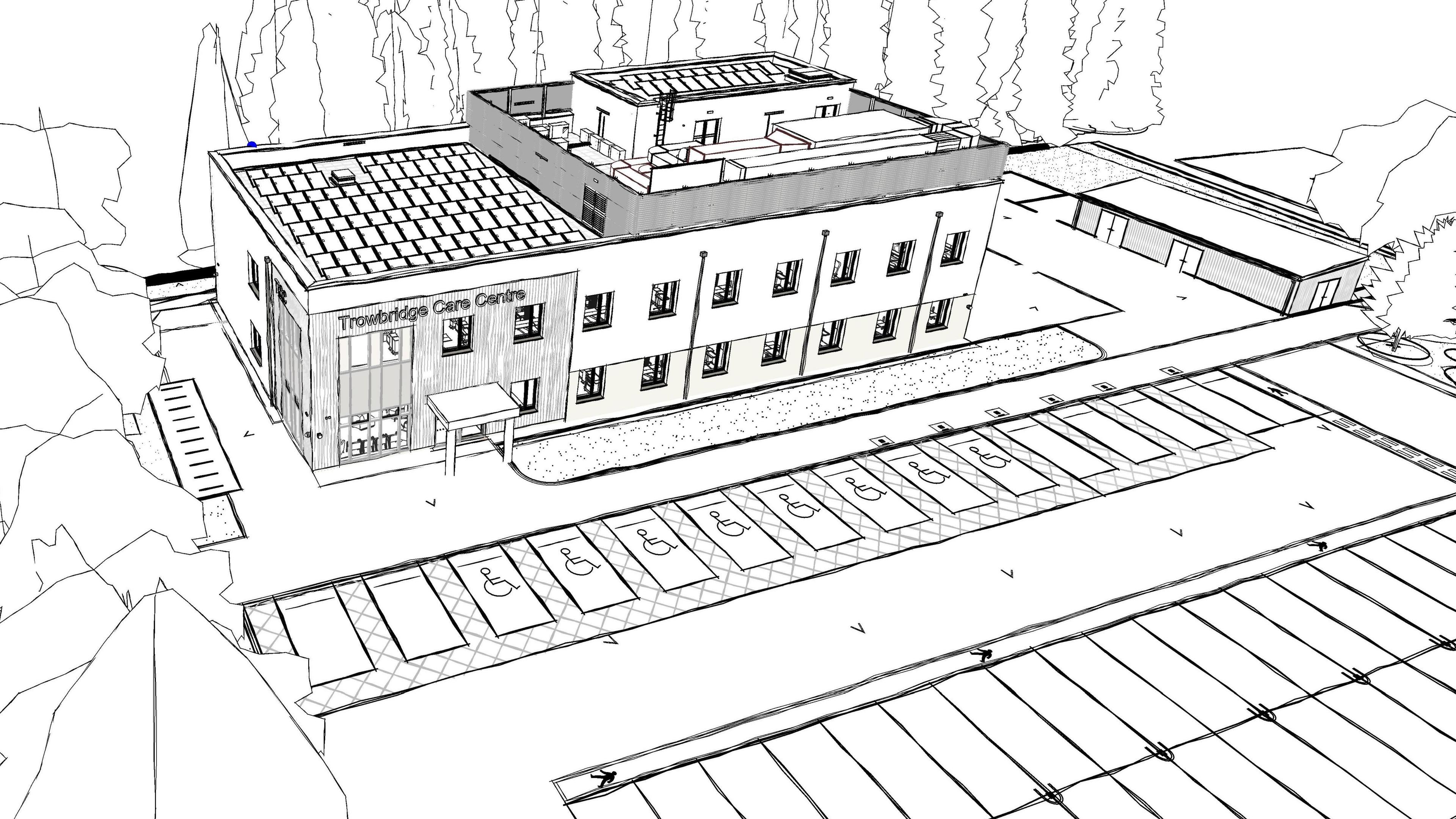NHS facing 'immense' pressure during winter months
Listen on BBC Sounds: The realities of winter pressure at Salisbury District Hospital
- Published
As the winter months arrive, Bath, Salisbury and Swindon's NHS Trusts are feeling the pressure.
Salisbury District Hospital has seen a spike in flu and other winter viruses with people presenting as "really quite poorly" according to Danielle Bagg, deputy divisional medical director for medicine.
Swindon's Great Western Hospital has been elevated to the highest alert level, Opel-4, in recent days. Bath's Royal United Hospital has also reported "high demand".
NHS England has asked people to ring 111 in the first instance but said that it is vital that the public use 999 and A&E in "life threatening situations".
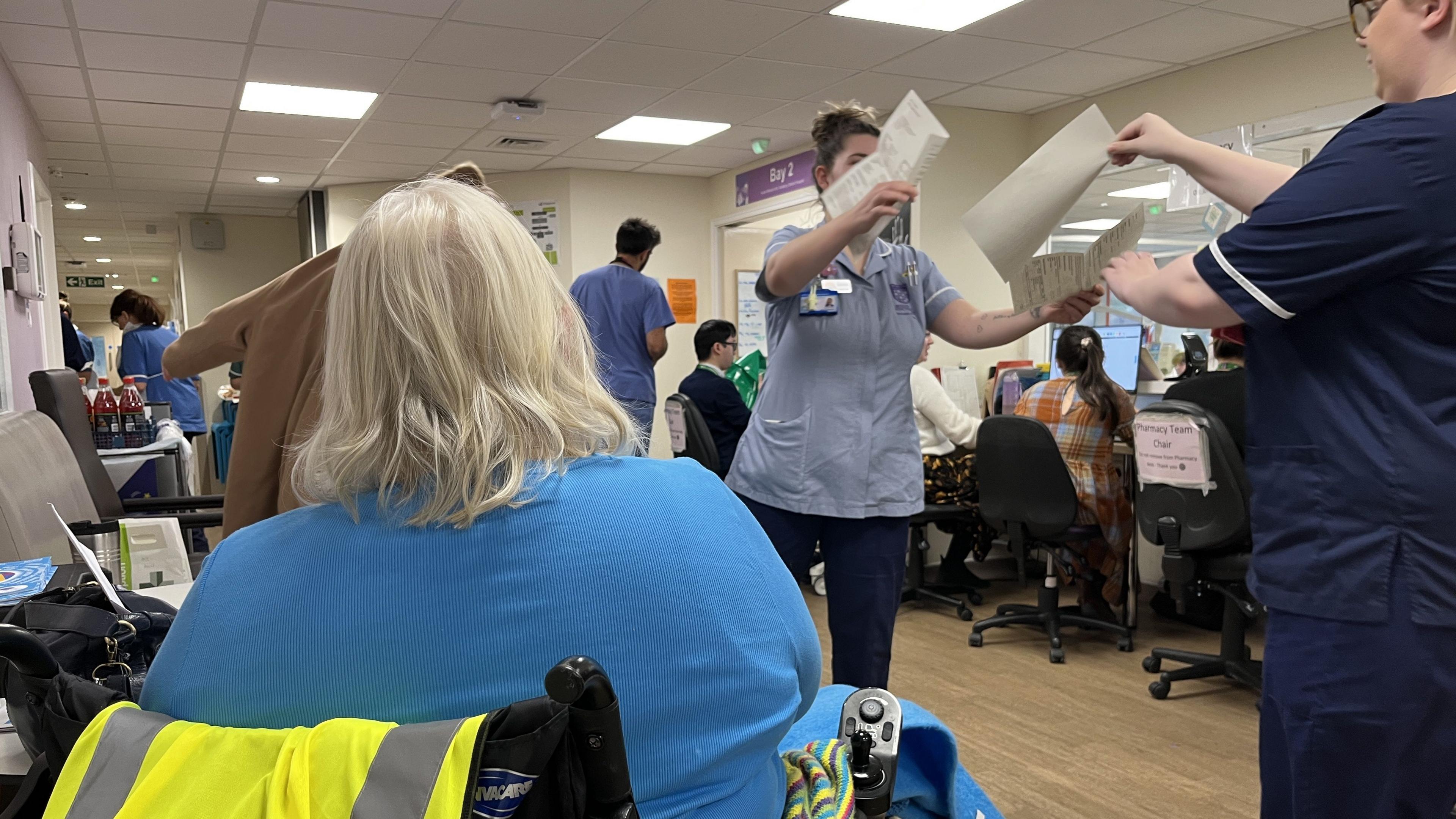
Viruses such as the flu put extra strain on the NHS during the winter
Senior sister, Samantha Sanger, has 18 years of experience in the NHS - all of which has been spent at Salisbury District Hospital.
Now working in the Acute Medical Unit Ms Sanger said the environment has changed across the years.
"There was a time when pressure was a lot less over the summer.
"Whereas now that pressure happens all through the year so by the time you get to winter with added winter pressures - the pressure becomes immense."
Extra pressure
Ms Sanger said it was hard to "switch off" at any point during a 12-hour shift and emotions can become frayed.
"We have to work together to get through the days.
"Sometimes that can be difficult because you feel frustrated, quite angry at the system and you can take that out on your colleagues.
"But we know the only way we're going to be able to survive each day is by being able to support each other."
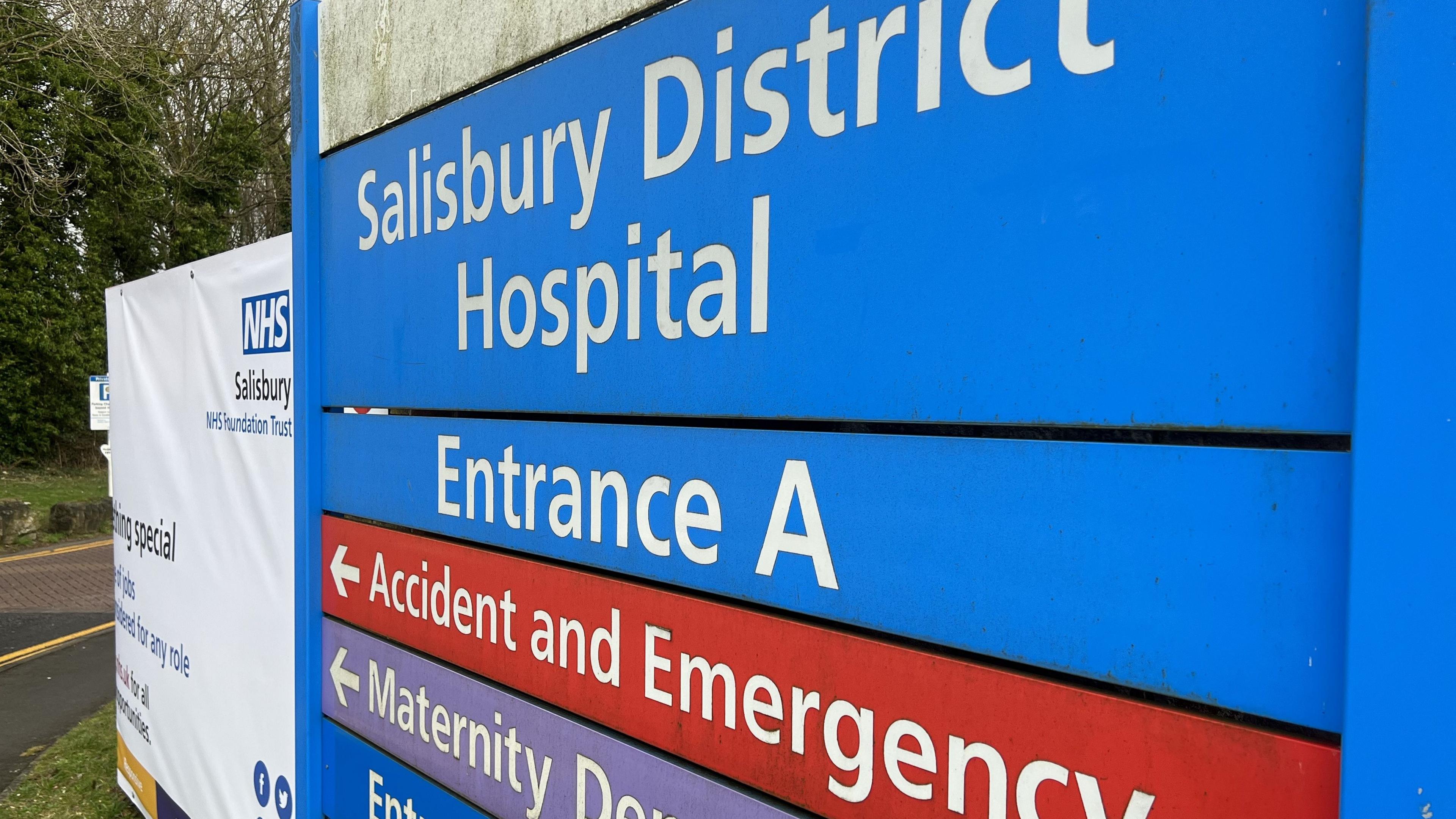
Politicians and medical experts say social care needs to be improved
Improvement in social care is what Ms Sanger believes will help relieve the all-year-round pressure she experiences as a NHS employee.
Ms Sanger said Salisbury District Hospital finds it difficult to discharge patients - she said there are approximately "four wards worth" of patients waiting for social care input.
Wes Streeting, secretary of state for health and social care, said that a National Care Service is a priority for the government and that it will develop over a ten year period alongside the NHS.
But Conservative shadow home secretary Chris Philp accused the government of having "no plan" to tackle the issues with social care.
He told the BBC the government's decision to increase the rate of National Insurance contributions paid by employers would also make it "even more difficult for the care sector to operate".

Danielle Bagg, deputy divisional medical director for medicine, Salisbury District Hospital
Ms Bagg, clinical lead for the Acute Medical Unit, said the hospital had gotten busier during her three years working there but that staff had worked hard to adapt.
"It feels so much better because we've opened up the Same Day Emergency Care Centre - 90% of the same day emergency care patients we're sending home on the same day which is immensely satisfying."
However, the pressure is still present, "it's reflected across not only our sister hospitals at Bath and Swindon but all across the country" said Ms Bagg.
'Big spike'
Salisbury District Hospital has experienced a "big spike" in winter viruses - the flu, norovirus and RSV, (Respiratory Syncytial Virus), have led to more respiratory infections said Ms Bagg.
NHS trusts from across the country are reporting a similar early wave of winter viruses and so the question for NHS services will be - will this subside or continue to rise into January when the NHS is traditionally under most pressure.
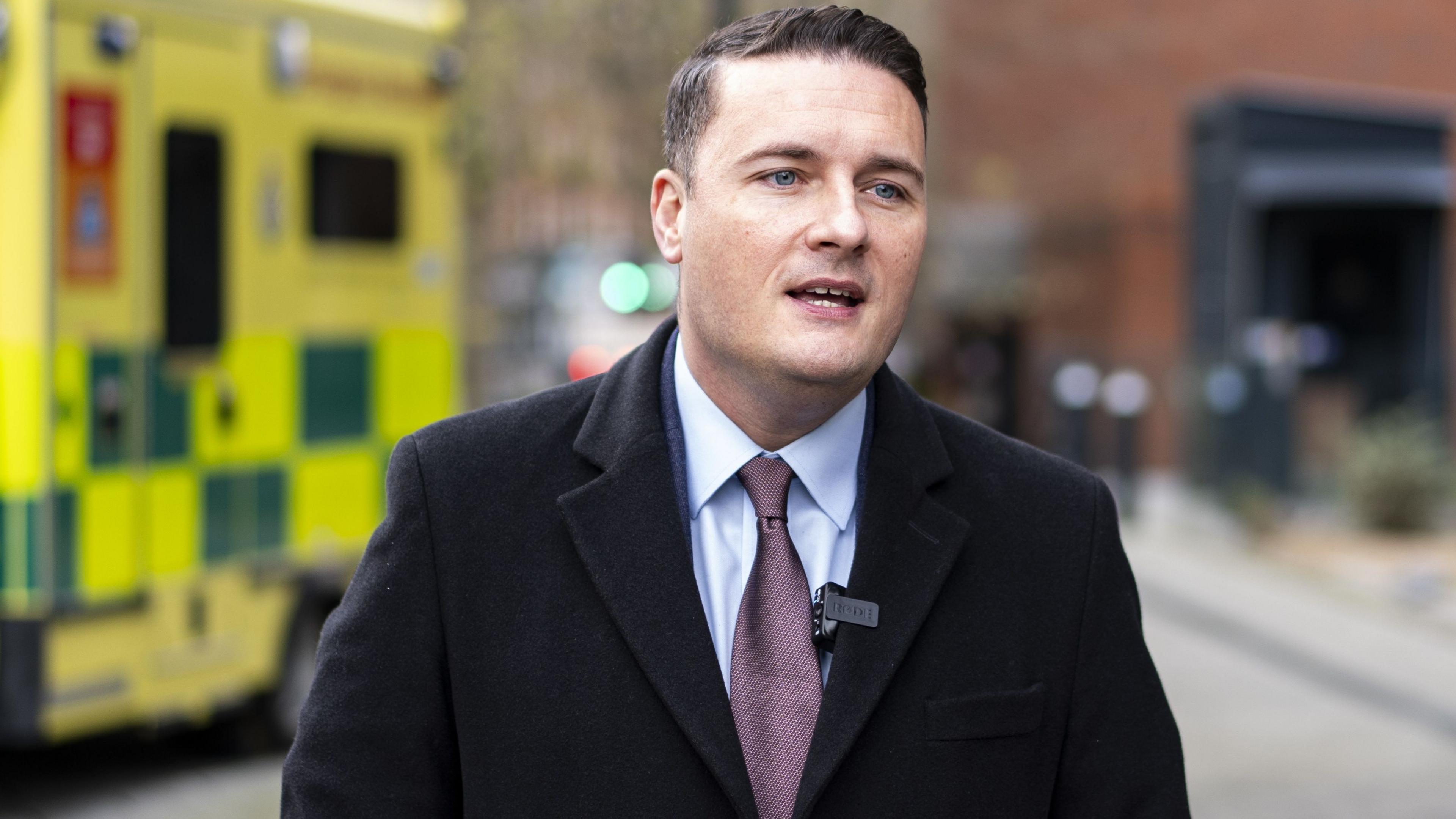
Wes Streeting, Secretary of State for Health and Social Care
Mr Streeting said in Labour's first five months they have "hit the ground running" by stopping the strikes, funding 1,000 more GPs, legislating for fair pay agreements in social care and by boosting carers allowance but recognises that winter pressures will still rise this winter.
Related topics
Similar stories
- Published12 December 2024
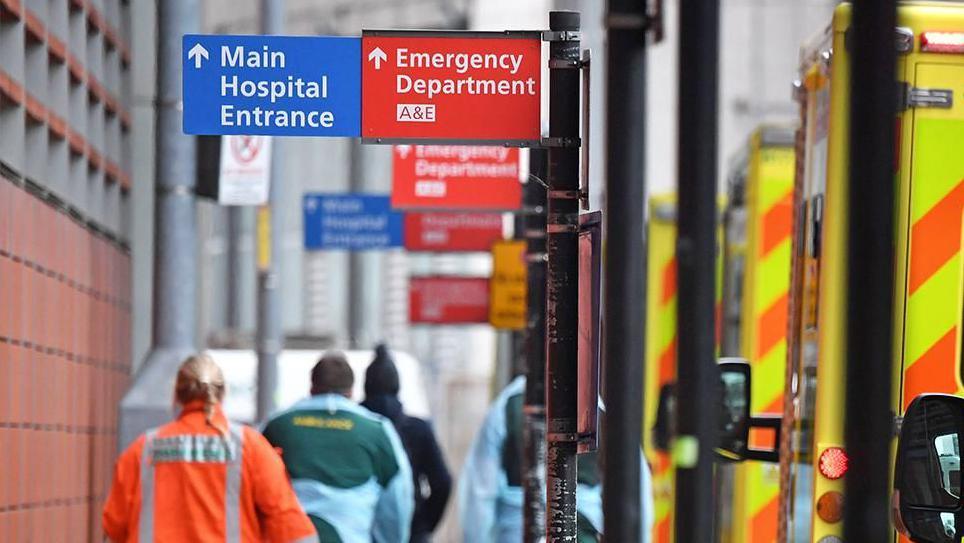
- Published8 December 2024
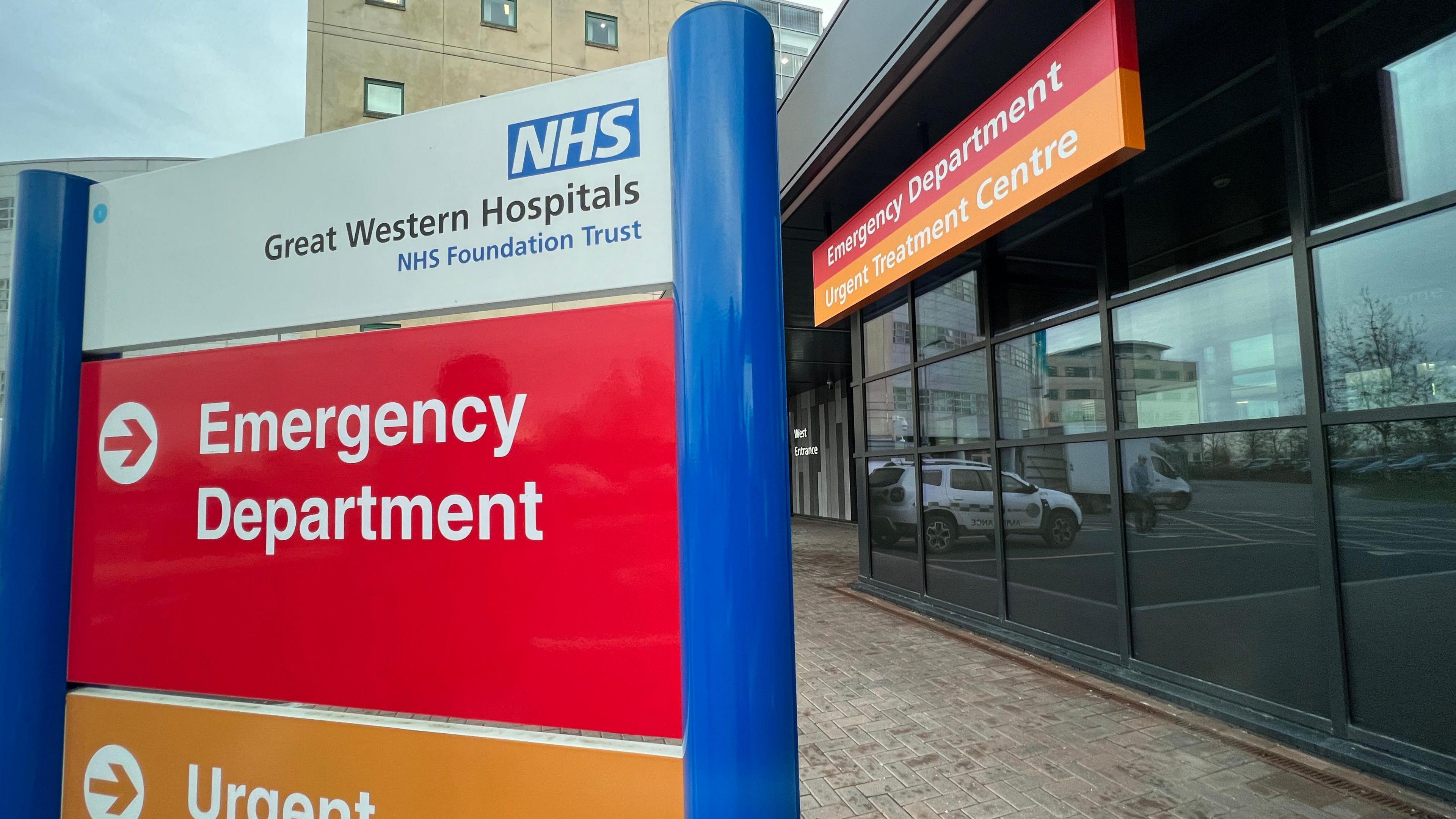
- Published20 November 2024
